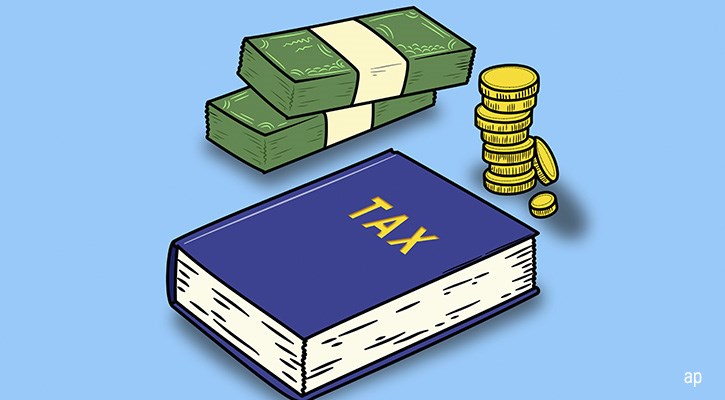
The rise in National Insurance has been welcomed and condemned in equal measure, with some suggesting it is a necessary evil to solve the vast and intransigent problem of social care, while others suggesting it disproportionately affects working people and businesses. However, it’s impact on UK plc has been examined in far less detail. Will it make life harder for UK companies?
Business leaders have generally condemned this additional tax burden on business, which comes hot on the heels of a planned rise in corporation tax. In a recent speech, CBI Director-General, Tony Danker, said: “We in business believe that we should pay our fair share to tackle the debts of Covid. That is why many business leaders accepted the jaw-dropping six-point corporate tax increase announced in March. But there is a real risk now that the government will keep turning to business taxes to carry the load.
“Choosing National Insurance for social care funding is the latest example. And I am deeply worried the Government thinks that taxing business – perhaps more politically palatable - is without consequence to growth. It’s not. Raising business taxes too far has always been self-defeating as it stymies further investment.”
The CBI’s argument is that National Insurance rises will directly hurt a business’s ability to hire staff at a time when they are already struggling with labour shortages and rising wages. If the government makes it more expensive to recruit, there is a chance that businesses won’t invest and it will stymie the economic recovery.
What Will Companies Do?
Glen Huxter, senior manager, employment tax at Mazars, explains some of the decision-making likely to go on within companies: “It can be expected that businesses will seek to reduce costs by automating manual tasks where possible. Where this involves investment, there are some tax incentives to help with this such as R&D credits or the 130% super-deduction on eligible capital, which lasts until March 2023."
He is seeing more companies reviewing the efficiency and effectiveness of reward packages. They are exploring cost-saving schemes such as pension salary sacrifice and the recruitment of apprentices: “Both of these are supported by the government, and can be effective in managing National Insurance Contribution costs.”
The Resolution Foundation says the policy package deepens the tax incentive for firms to use self-employed labour – something the Chancellor promised during the pandemic to address, rather than exacerbate: “Although the self-employed rate of NI has increased in line with the employee rate (albeit with the former still remaining unjustifiably below the later), there is no equivalent to the employer rate of NI for self-employed labour…The result will be to encourage more self-employment at the expense of employment, which is bad for the public finances and for ensuring workers receive proper employment rights.”
However, Andrew Goodwin, chief UK economist at Oxford Economics suggests the employment picture is more nuanced. In a recent update, he said: “In July 2021 our model showed only three – agriculture, mining, utilities and water; construction; and manufacturing – reporting (labour) shortages that were significantly above ‘normal’ levels”. He adds that in spite of the well-publicised shortage of HGV drivers, mismatches in the transport sector as a whole were below average levels in July.
Inflation and Interest Rates
Steven Bell, chief economist at BMO GAM, suggests that the increase in National Insurance, along with the end of the furlough scheme and the cuts to universal credit will “slow but not stop” the economic recovery. He adds: "Consumers here still have a large government piggy bank from past government support. They have the money to spend and as schools reopen, we expect employment to pick up too."
His concern is that higher wages will feel through into higher inflation, which in turn will see a rise in interest rates: “In the short-term UK headline inflation will fall due to base effects, but underlying pressures are rising and wages are increasing.” He believes interest rates could rise as soon as April 2022 and this could be bad for equity markets. “I’m less bullish than I’ve been for a year or more and investors need to be cautious as the year end approaches.” This is a particular concern for US markets, he suggests, where rises in corporation tax and foreign income taxes are not fully factored into earnings estimates. Valuations in the UK market leave more wiggle room, but may be impacted by US weakness.
However, Huxter says that UK policymakers are not alone in looking to the corporate sector to support its flagging finances. He adds: “While the ‘tax increases headline’ may be one that suggests the UK may be a more expensive business location, this needs to be set in context. Many other jurisdictions will be seeking to replenish funds spent during the Covid pandemic, so the relative impact of the UK changes when considered on a global scale may not be out of line.”
He believes the recent pandemic has shown that businesses can adapt to market changes and find new, innovative ways of organising their business to ensure they remain competitive in an ever-changing world. Investors in UK plc will be crossing their fingers.




























